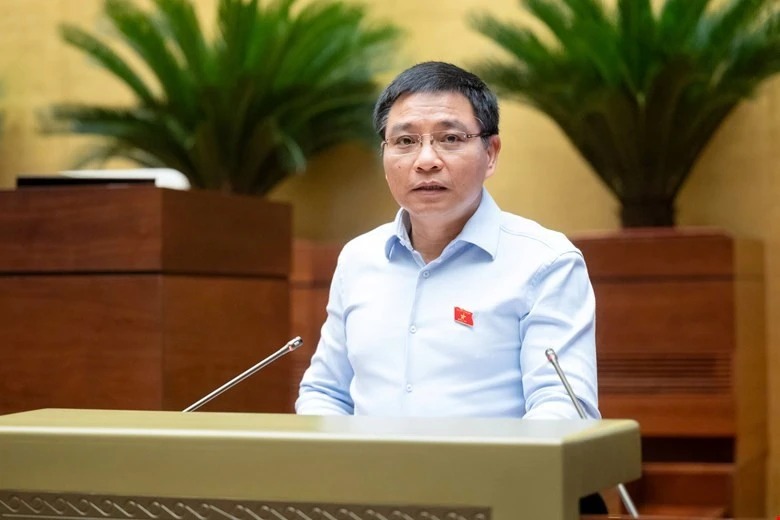HCMC – The Government has proposed allowing private businesses to get involved in projects of national importance through direct investment, public-private partnerships (PPP), or restricted bidding.
The proposal is part of a draft National Assembly (NA) resolution on private sector development prepared by the Government and today sent to the NA.
Speaking at the NA session on May 15, Finance Minister Nguyen Van Thang said the draft resolution would institutionalize the Politburo’s Resolution 68-NQ/TW through legislation.
The proposal sets out five policy groups focusing on transparency and fairness in the business environment, access to land and production sites, financial support and public procurement, promotion of innovation and digital transformation, and development of medium to large-scale enterprises capable of regional and international integration.
The draft seeks to limit inspections of businesses to no more than once per year, unless there is clear evidence of violation. It also promotes remote inspections and waives physical checks for companies with good compliance record.
Legal violations would be handled with clearer responsibility assignment, favoring civil and economic measures. The draft upholds the principle of presumed innocence and non-retroactive application of laws. Bankruptcy procedures would be simplified to cut processing time by at least 30%.
To address land access challenges, the draft proposes allowing provincial authorities to use state funds to invest in industrial zone infrastructure. Developers receiving such support would be required to allocate space for high-tech firms, small and medium-sized firms, and innovative startups. In addition, small and medium-sized businesses, those in supporting industries, and innovation-focused firms would be eligible to lease unused state-owned land and buildings.
The Government also proposed financial incentives. These include a 2% annual interest rate subsidy for loans to green, circular, or ESG-aligned projects. The SME Development Fund would be expanded in both scope and function. Research and development costs would be tax-deductible at 200% of the actual amount spent. Enterprises would be allowed to allocate up to 20% of their taxable income to establish funds for scientific research, innovation, and digital transformation.
By 2030, the Government targets having at least 20 large private firms involved in global value chains. To this end, the draft outlines two major policy directions. The first is to expand private sector participation in national key projects via direct investment, PPP, or other forms of cooperation. These projects could be implemented through restricted bidding, no-bid contractors, or direct procurement, but must adhere to transparency and deadline requirements.
The second is to promote the growth of medium and large enterprises and private business groups. This includes supporting 1,000 high-potential firms engaged in high-tech, innovation, digitalization, and supporting industries, while also providing assistance in market access, capital, technology, branding, distribution, and legal services.
Phan Van Mai, chairman of the National Assembly’s Economic and Financial Committee, voiced support for the draft resolution to be passed through a fast-track process. He emphasized the need to address regulatory bottlenecks and improve the legal framework to enhance the private sector’s role in the economy.
The committee also called for full alignment with the Party and Politburo’s policy directions and urged the Government to quickly translate Resolution 68 into other legislative documents for submission at the next National Assembly session.









